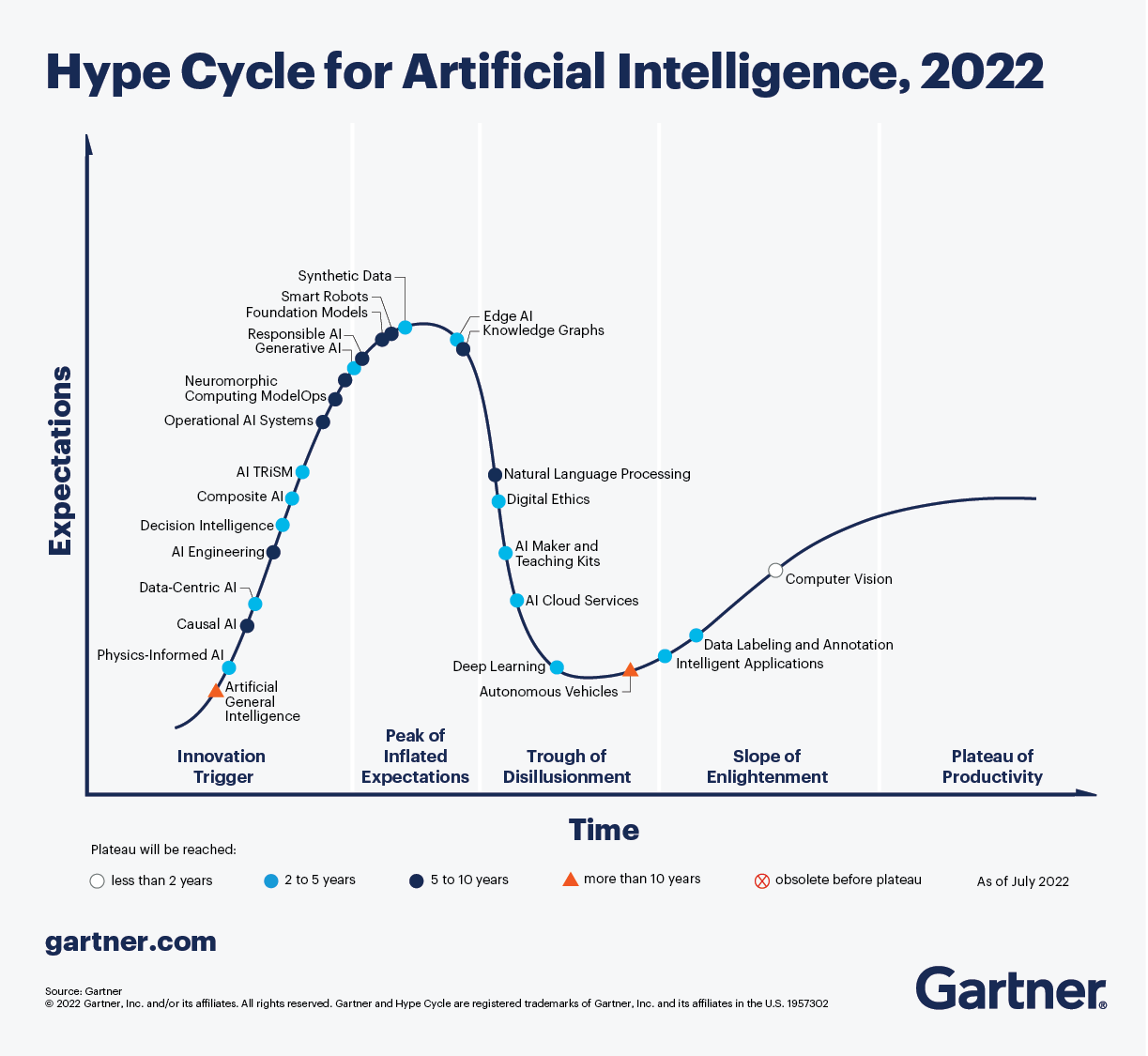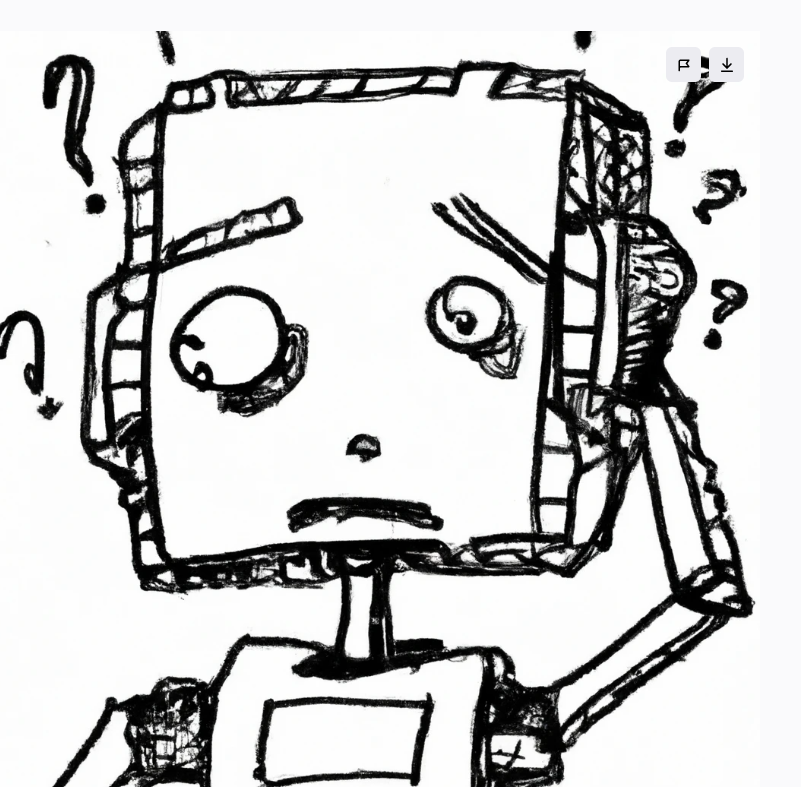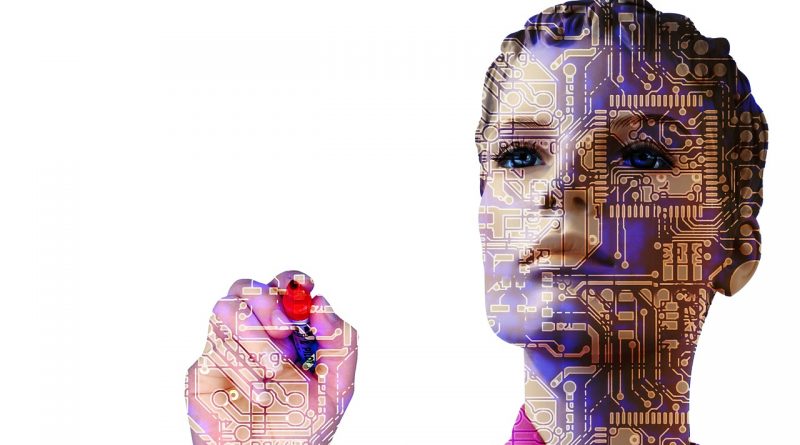Will ChatGPT impact software development?
Artificial Intelligence, or AI, is one of the most exciting and rapidly advancing fields in technology today. At its core, AI is the development of computer systems that can perform tasks that would normally require human intelligence, such as understanding natural language, recognising images, and making decisions.
There are many different types of AI, each with its own strengths and weaknesses. Some of the most common types include:
- Machine Learning: This type of AI is based on the idea that machines can learn from data, without being explicitly programmed. Machine learning algorithms can be used for tasks such as image recognition, natural language processing, and prediction.
- Natural Language Processing (NLP): NLP is a subfield of AI that focuses on the interaction between computers and human language. NLP systems can be used for tasks such as language translation, text summarisation, and sentiment analysis.
- Computer Vision: This type of AI is concerned with how computers can understand and interpret visual information, such as images and videos. Computer vision systems can be used for tasks such as object recognition, image search, and self-driving cars.
- Robotics: Robotics is the branch of AI that deals with the design, construction, and operation of robots. Robotics technology is used in a wide range of industries, including manufacturing, healthcare, and transportation.
One of the most significant advantages of AI is its ability to process and analyse large amounts of data quickly and accurately. This can help organisations make better decisions, improve efficiency, and increase productivity. For example, AI-powered systems can be used to analyse medical images to help doctors make a diagnosis, or to monitor financial markets to detect fraudulent activity.
However, there are also some significant challenges and concerns associated with AI. One of the main concerns is the potential impact on jobs and employment. As AI systems become more advanced and capable, they may take over tasks that were previously performed by humans, leading to job displacement. Additionally, there are also concerns about the ethical and societal implications of AI, such as issues related to privacy, bias, and transparency.
Have you listened to the podcast yet? Check it out below
Despite these challenges, it is clear that AI will continue to play an increasingly important role in our lives and in the economy. As such, it is crucial that we continue to invest in research and development in this field, and that we work to address the ethical and societal implications of AI in a thoughtful and responsible manner.
To stay ahead in the field and to be an AI-ready professional, one should be familiar with the concepts and technologies of AI. This includes machine learning, computer vision, natural language processing, and robotics. Additionally, having a strong foundation in mathematics and computer science is essential, as well as programming skills in languages such as Python, R, and Java.
So what about ChatGPT?
Overall, AI is a powerful technology that has the potential to revolutionize many industries and improve our lives in countless ways. As we continue to push the boundaries of what is possible with AI, it will be exciting to see the new and innovative applications that will be developed in the years to come.
Artificial Intelligence (AI) is a rapidly evolving field that has the potential to change the way we live and work in the future. One of the most exciting developments in AI is the emergence of large language models, such as ChatGPT. These models are able to understand and generate human-like text, making them useful for a wide range of applications, such as language translation, text summarisation, and conversation.

ChatGPT is a state-of-the-art language model that has been trained on a massive amount of text data. This allows it to generate highly coherent and natural-sounding text, making it a valuable tool for tasks such as language translation, text summarization, and conversation.
One of the most promising applications of ChatGPT is in the area of natural language understanding. This involves using the model to understand the meaning of text, rather than just generating text. This can be used for tasks such as sentiment analysis, where the model is used to determine whether a piece of text is positive, negative, or neutral. It can also be used for question answering, where the model is used to answer questions based on a given piece of text.
Another potential application of ChatGPT is in the area of text generation. This involves using the model to generate new text based on a given prompt. This can be used for tasks such as writing, where the model can help authors generate new ideas and write more efficiently. It can also be used for tasks such as content generation, where the model can be used to generate new content for websites or social media.
Other AI exists too you know, & it’s readily available
Some of my favourites include;
Deepart.io
Upload a photo & use AI to change it
Describe something, let AI draw it!
This is great, you can basically sample your voice, in the style of anyone else, or anyone’s style, to say what you want.
Other thoughts
In the field of chatbots, ChatGPT can be used to build conversational agents that can understand and respond to natural language input. This can be used to improve customer service, by providing users with a more natural and efficient way to communicate with businesses. It can also be used to build virtual assistants, which can help users manage their schedule, make reservations, or complete other tasks.
In the future, we can expect to see even more applications of large language models like ChatGPT. As the technology continues to advance and more data becomes available, these models will become even more accurate and powerful. Additionally, as the cost of hardware and cloud computing continue to decrease, it will become more feasible to deploy these models in a wide range of applications.

However, it’s important to note that with any technology, there are also potential ethical concerns. One of the biggest concerns with large language models is the potential for bias. Because these models are trained on large amounts of text data, they may inadvertently pick up biases in the data, which can lead to unfair or inaccurate results. Additionally, the potential for these models to be used for malicious purposes, such as spreading misinformation, is also a concern.
As we continue to develop and advance large language models like ChatGPT, it is important to be aware of these potential ethical concerns and to work to mitigate them. This may involve carefully monitoring the training data to ensure that it is free of bias, or developing techniques to detect and remove bias in the model’s output.
Overall, the future of AI is very promising, and large language models like ChatGPT are a significant part of this. As these models continue to advance and become more widely adopted, we can expect to see new and innovative applications that will change the way we live and work. While there are ethical concerns to consider, by being aware of these issues, we can work to ensure that these models are used in a responsible and beneficial way.
NB: Article 100% AI driven! 🙂




